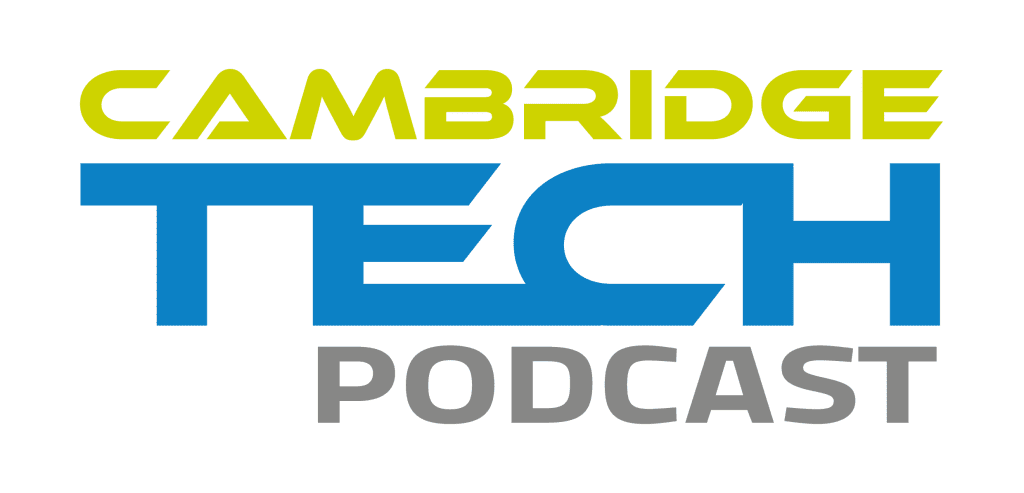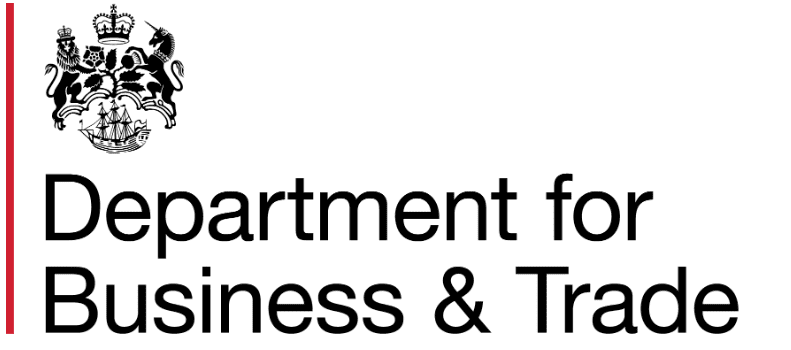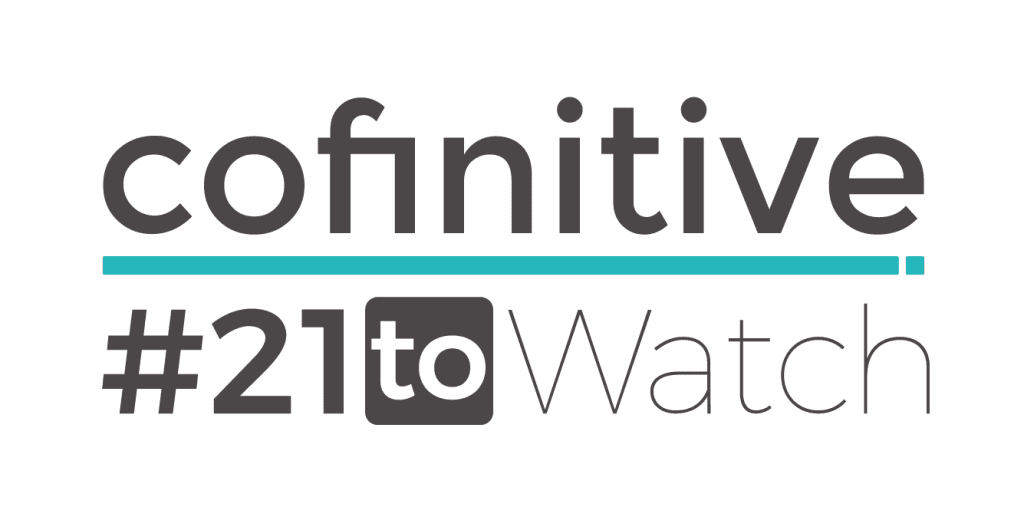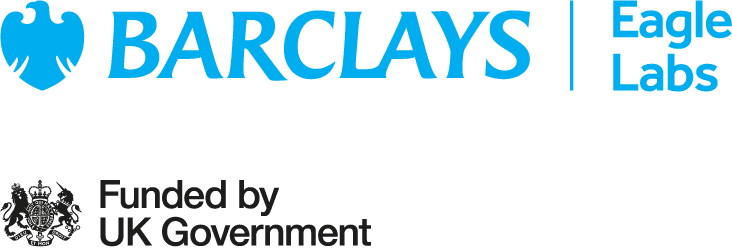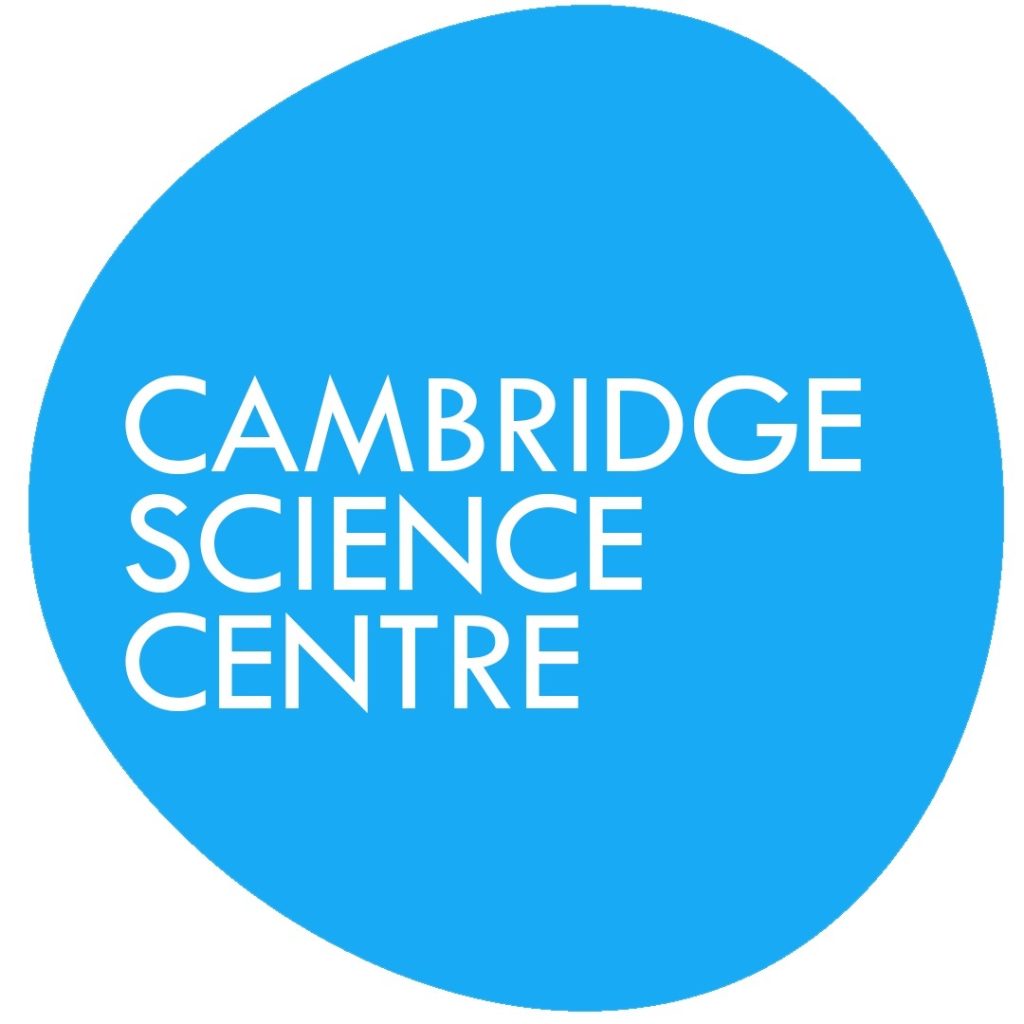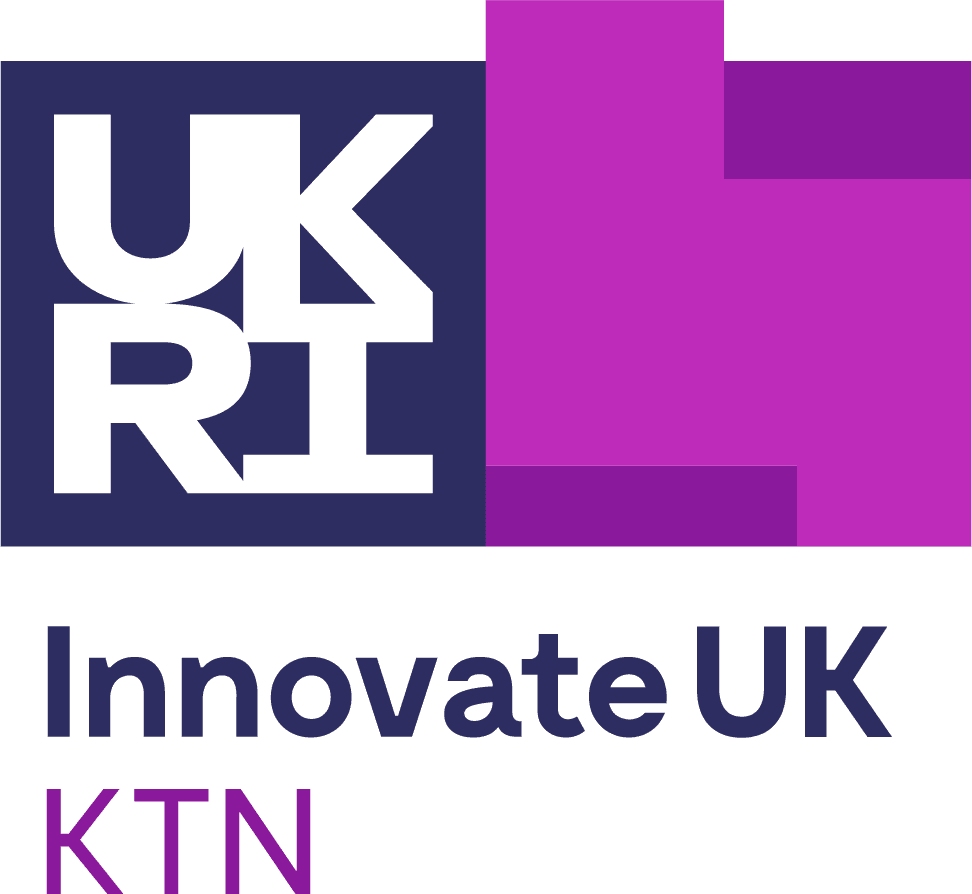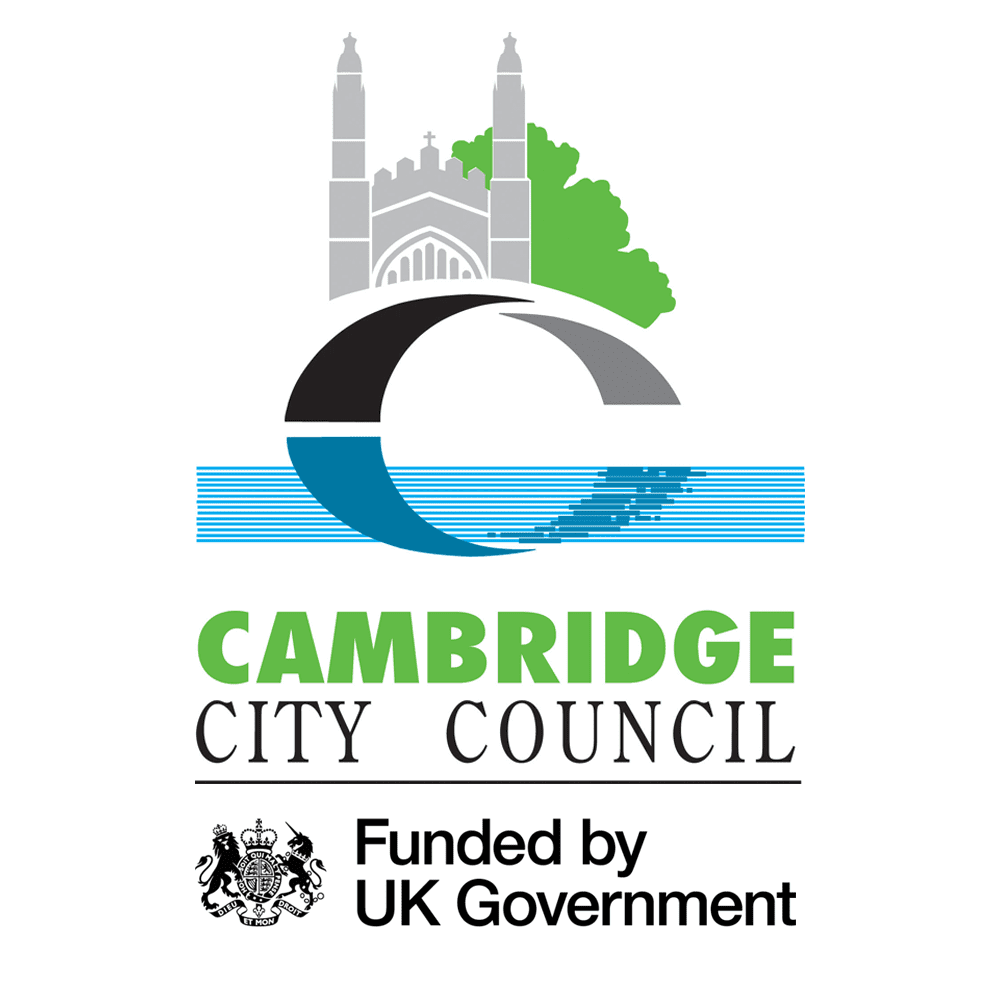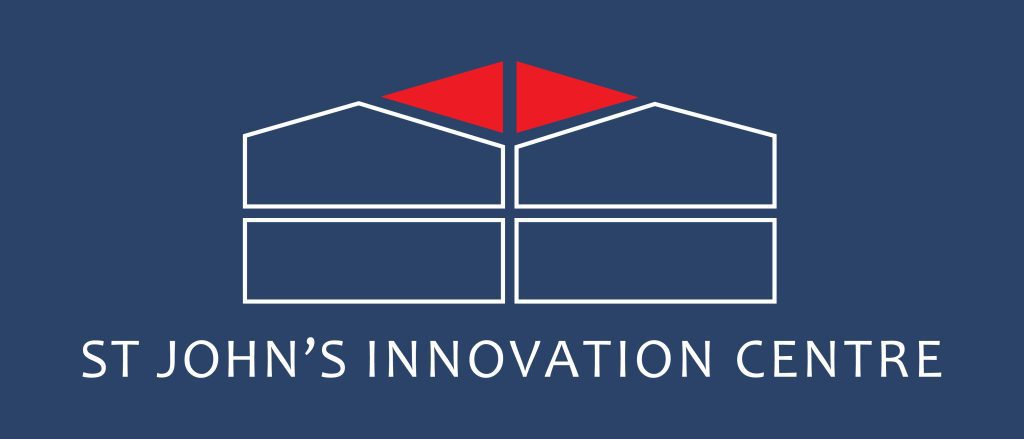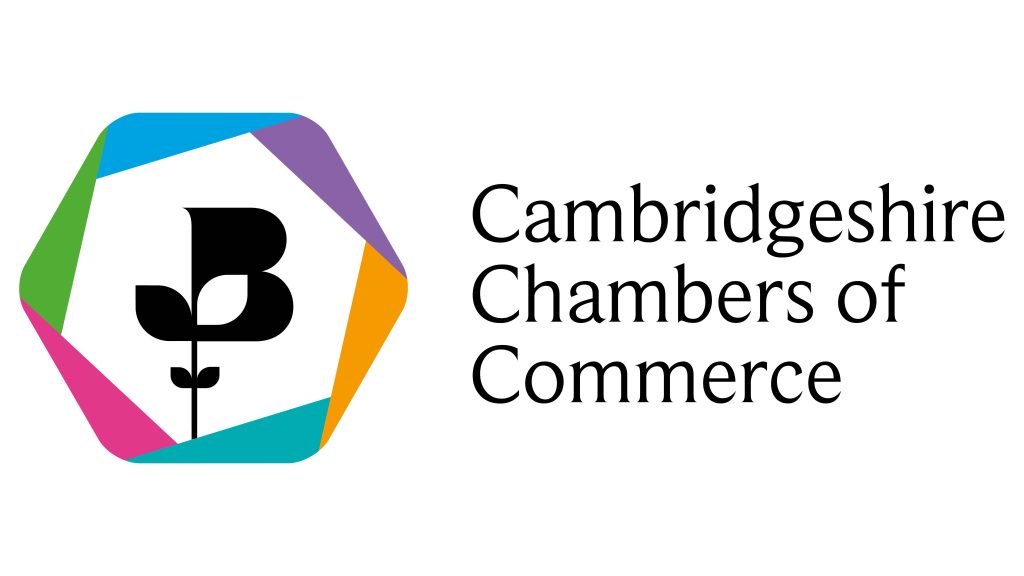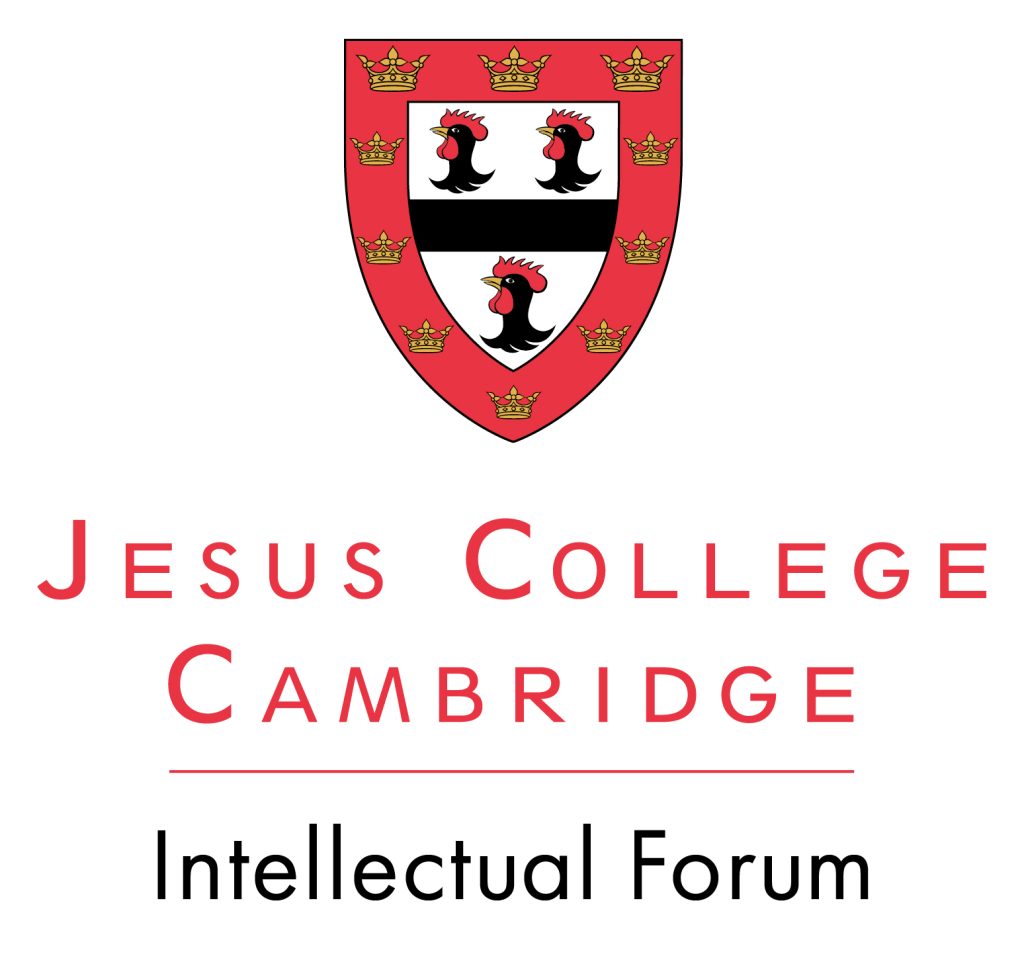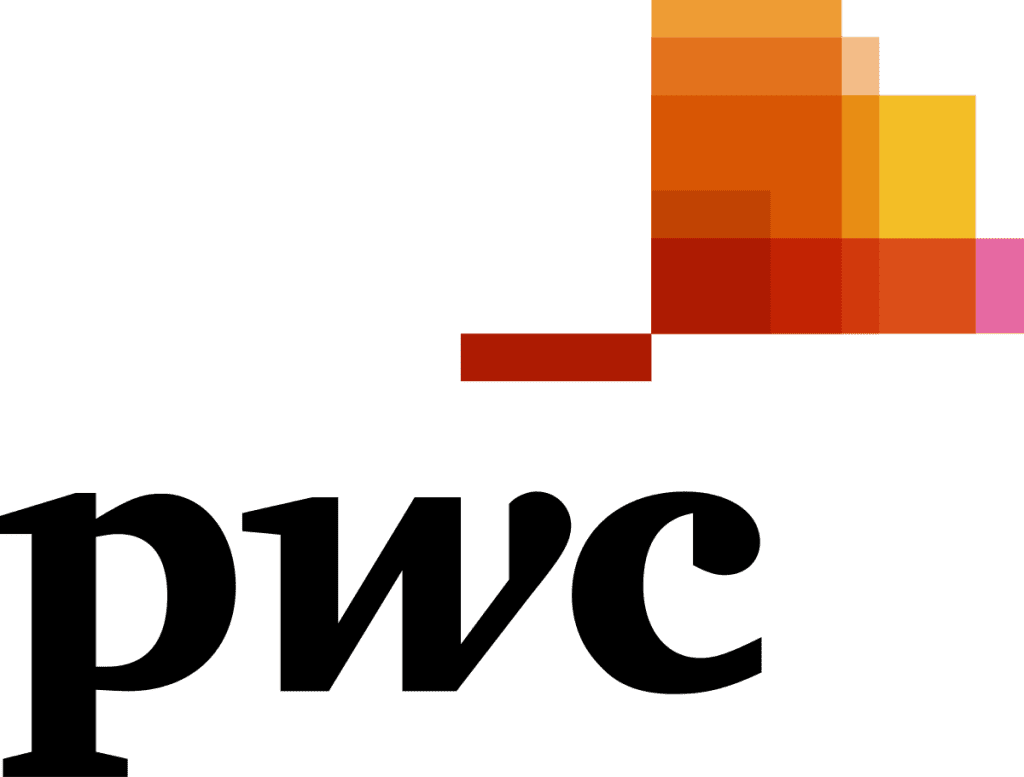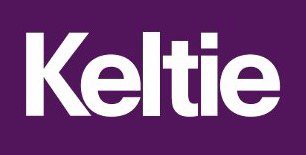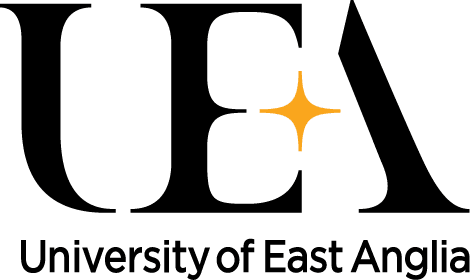Inspiration, Innovation, Insights – Crayfish.io Share Their Key Takeaways from CTW24
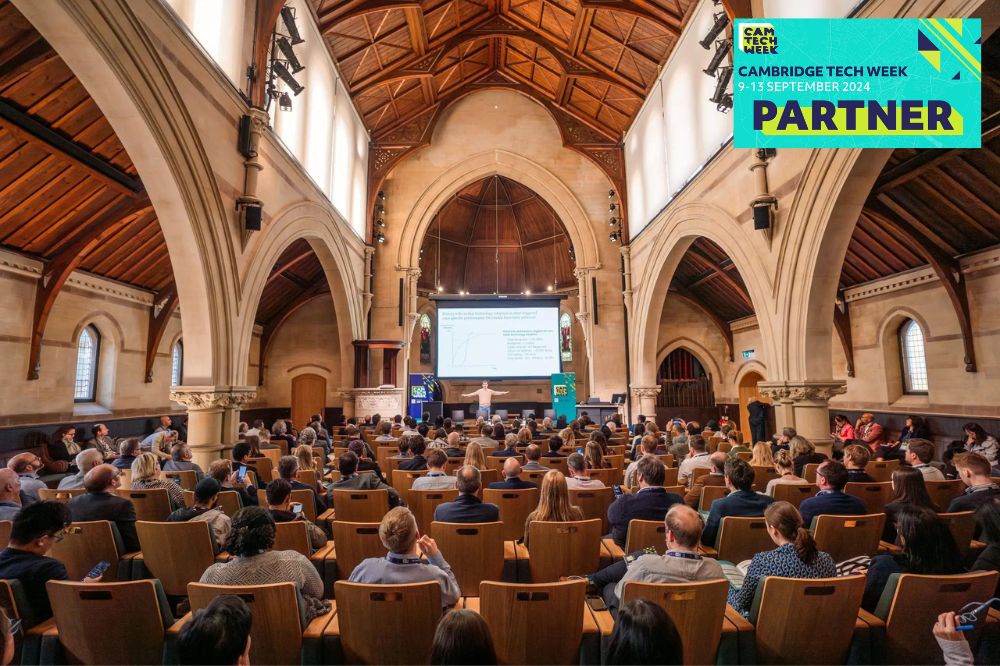
Crayfish.io, official partners of Cambridge Tech Week, share their highlights from this year’s event
Cambridge Tech Week 2024 (CTW24), held from September 9 to 13, closed on a high, with young talents engaging with the dynamic Cambridge tech ecosystem, fuelling their tech aspirations. A whirlwind of a week, it was a global celebration of innovation and collaboration, with about 5,000 attendees from over 20 countries, including the USA, Brazil, Chile, Africa, China, and Japan.
The five-day event, powered by Cambridge Wireless, showcased the city’s thriving tech ecosystem through a lineup of expert speakers, leading tech companies, and invaluable networking opportunities. It was a testament to Cambridge’s role as a global innovation hub, spotlighting its unique strengths and opportunities for impact innovation.
Michaela Eschbach, CEO of Cambridge Wireless, posted on LinkedIn, saying: ‘We promised you #CamTechWeek would be bigger and better than ever this year and we delivered.’ It boasted a remarkable 400% increase in attendance compared to the previous year. Over 500 companies and 150 expert speakers gathered to exchange insights, ideas, and foster collaborations across a wide range of industries.
Crayfish.io has been closely involved in CTW from its inception. We sponsored the inaugural CTW in 2023, and this year, as an official partner of CTW24, we have also gained a lot of invaluable insights and inspiration from the dazzling display of innovations, apart from the active promotion on multiple channels.
Here’s a look back at the exciting and thought-provoking week:

Chris Bruce, Chair of the Steering Committee of Cambridge Tech Week, at the opening session of CTW24.
Innovation and Impact: The Core of CTW24
At its heart, CTW24 was about “Innovate, Invest, and Grow.” Chris Bruce, Chair of the CTW Steering Committee, who announced the opening of the event, described the event as a fusion of innovation, investment opportunities, and industry participation.
The event catered to a diverse audience that included tech innovators, investors, industry leaders, and students eager to enter the tech sector. It was clear that CTW24 wasn’t just about celebrating the present; it was focused on shaping the future of technology.
This theme was echoed on Day 2, which focused on Cambridge’s position as a leader in global innovation.
The “Cambridge Recipe” for success — a collaboration between academia, businesses, and entrepreneurs — was dissected, focusing on real-world applications. While technology was a primary focus, the discussions emphasised that successful innovation requires a mindset of risk-taking, rigorous execution, and customer-centric thinking. The challenges startups face, particularly around securing funding, were also explored in depth.
User-friendliness is an integral part of a client-centric mindset, as industrial-grade infrastructure and a universal template for collaboration are for wider and smoother adoption of new technology. Examples of customer-centric mindset are aplenty throughout the activities during the week, in talks, panel discussions, and exhibits.
Day 2 highlighted the importance of practical support for businesses, with experts offering one-on-one guidance to budding entrepreneurs. The exhibition in “Innovation Alley” gave a platform to cutting-edge tech solutions, while successful spin-outs from the University of Cambridge shared precious insights into what makes the Cambridge business ecosystem unique.
Exploring AI and Quantum Technologies
CTW24 dedicated one day to a deep dive into the fundamentals and the cutting edges of science and technology, integration of Artificial Intelligence (AI) and quantum technologies across industries, to be specific. The no-nonsense debate in the form of panels and fireside chats provided invaluable insights into many aspects of technological advancement and its implications for human society and civilization.
Experts from R&D innovation projects, scale-ups and large corporations, including Digital Catapult, Second Mind, Cambridge Management Consulting, Smart Internet Lab, and Dell, explored how, why and where businesses are adopting AI.
What are we actually using AI for? A panel discussion offered a few slides of the answer. From healthcare to transport, attendees were shown real-world examples of how AI is revolutionising various industries, and how innovators are leveraging AI to save lives and break down barriers.
Such as Appella AI, with its enterprise-ready AI Voice Assistant for inbound & outbound customer service, or Monumo, a deep tech company that makes competitive optimised motor designs using AI, deep tech, and multi-physics engine, and Twig Bio, a sustainability-focused synthetic biology start-up leveraging ML/AI, computational biology, bioinformatics and automation. Accenture and Nokia Bell Labs also added their voices to the panel.
The discussions also ventured into the ethical and regulatory challenges surrounding AI, with calls for robust guidelines to ensure responsible development and deployment.
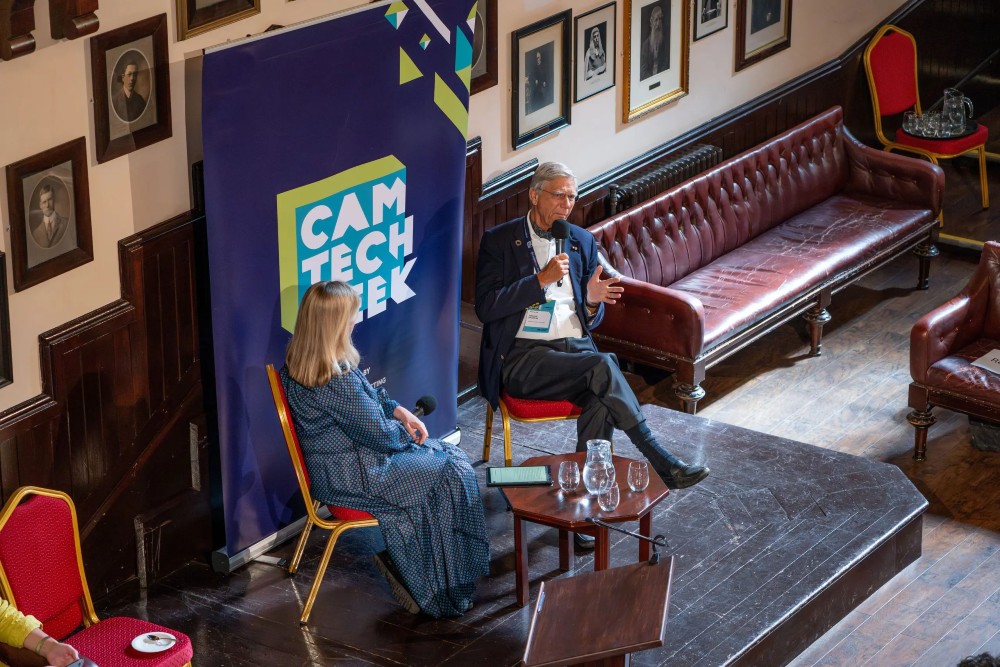
Dr Hermann Hauser CBE, Co-founder and Venture Partner of Amadeus Capital Partners, sharing secrets to successful scaling in a fireside chat at the Scale-Up Day of CTW24
Quantum technologies took centre stage as well, with experts discussing the UK’s advancements in quantum computing, sensors, and communications. These breakthroughs promise to transform industries, though concerns around security and ethics remain at the forefront of these discussions.
Scaling Startups and the Future of Tech Leadership
The penultimate day of CTW24 focused on the challenges UK startups face in scaling their businesses. While Cambridge is recognized as a global hub for innovation, securing late-stage venture capital funding remains a hurdle compared to counterparts in the US and China. The day’s sessions provided advice for entrepreneurs, emphasizing the importance of solving real customer problems, building teams for growth, and leveraging AI and networks for business success.
The UK’s increasing foreign direct investment post-Brexit and the growing recognition of universities as hubs of entrepreneurship were also noted. However, to create global tech leaders, the UK must address its funding gap and develop management talent. The global race for quantum technology between the UK, the US, and China was also highlighted as a critical competition that could define future technological leadership.
Competition is always there, and the winners are always the ones who got it right on the core elements. A good example is Optalysys, a Bristol-based deep tech company at the scale-up stage, and winner of the Scale-Up Business Plan Competition at CTW24.
The company offers an innovative approach to secure data processing using light-based technology. Buried under these dry words is something far more revealing – the core value of the business embodied in a few keywords: user-friendly, valuable for everyone, collaborating, partnerships, protected, and data sharing.
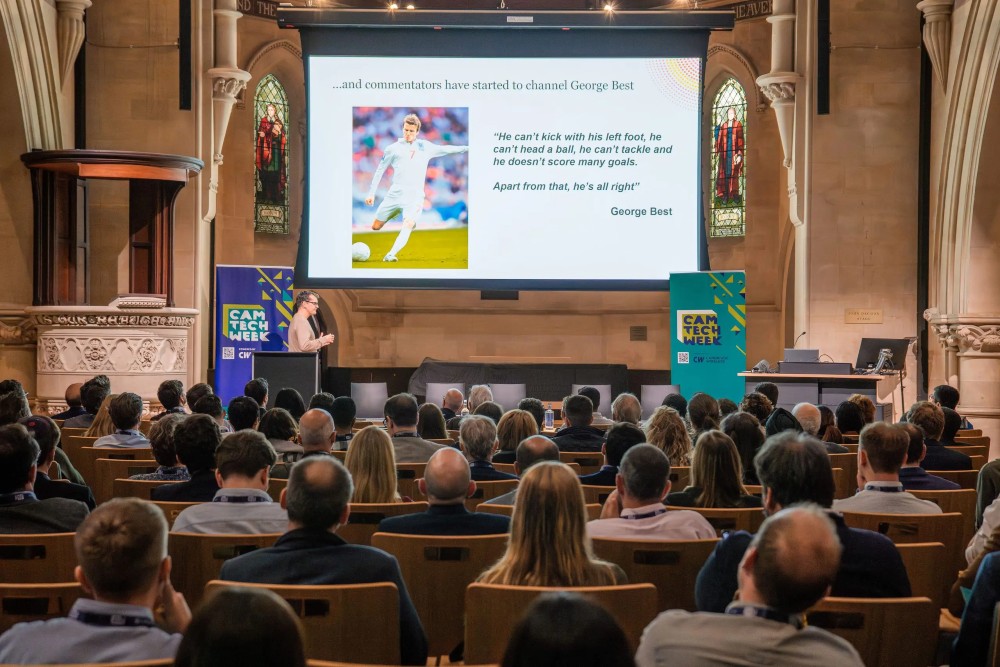
AI in action: who are using AI for what, and how? Euan Cameron, Partner, PwC, giving keynote speech: The Big Blue Sky of AI
The Future of Tech
What the future holds for the tech industry, in Cambridge, the UK and the world?
Ann Fisher, the key figure behind CTW, emphasized the event’s mission to celebrate the technological achievements of Cambridge and the East of England. She reflected on the energy and collaboration witnessed at CTW24, highlighting how it paves the way for future successes in the tech sector.
It’s the young talent that holds the key. Fostering young talents is an art. One standout company, Huntingdon-based Paragraf®, not only impressed with its groundbreaking two-dimensional graphene technology but also with its dedication to inspiring the next generation of tech innovators. Their enthusiastic interns, alongside volunteers from Black Talent & Leadership in STEM, interacted with over 100 students attending Tech Futures Day, organized in partnership with Form the Future CIC.
It must be said that collaboration is crucial, in the past, present and future. Between lab innovation to mature products on the market, collaboration pushes the process forward and plays a part in shaping the results. The exhibition, the debates and the speeches during the week highlighted this point time and again, one way or another.
This was a point that David Cleevely CBE, FREng, at Cleevely & Partners, a veteran entrepreneur and investor based in Cambridge, elaborated on during a fireside chat on regional collaboration and impact innovation. Unless Cambridge collaborates with, learns and benefits from the rest of the UK (and in this case Europe and the world), he stressed, it risks losing relevance as a major tech innovation hub. The links between Cambridge and the outside world are there, but ‘not showing in trade, economic growth and development data’, he pointed out.
In other words, if tech innovation from the lab is not making a full impact in the real world, it loses relevance and value.
It was clear that Cambridge Tech Week 2024 had made a significant impact — not just by showcasing the latest technological advancements but also by fostering the next wave of tech talent. Some key players in Day 5 featuring young talent expressed optimism about the future, including Simon Thomas, FREng, CEO of Paragraf, the first company in the world to mass produce graphene-based electronic devices using standard semiconductor processes.
Looking Ahead to CTW25
As Cambridge continues to strengthen its position as a global innovation hub, Cambridge Tech Week will undoubtedly play a key role in driving collaboration, investment, and growth in the tech sector. Stay tuned for updates on CTW25 and how you can be part of this exciting journey!
Plans for CTW25 are already in motion.
On our part, we would be keen to work with CTW25 as an official partner again, and we wholeheartedly wish for more Chinese presence at future CTWs, including delegations, exhibitors and participation in other forms. We are working towards this goal, and hope you will join us.
Find out more about the work of Crayfish.io.


